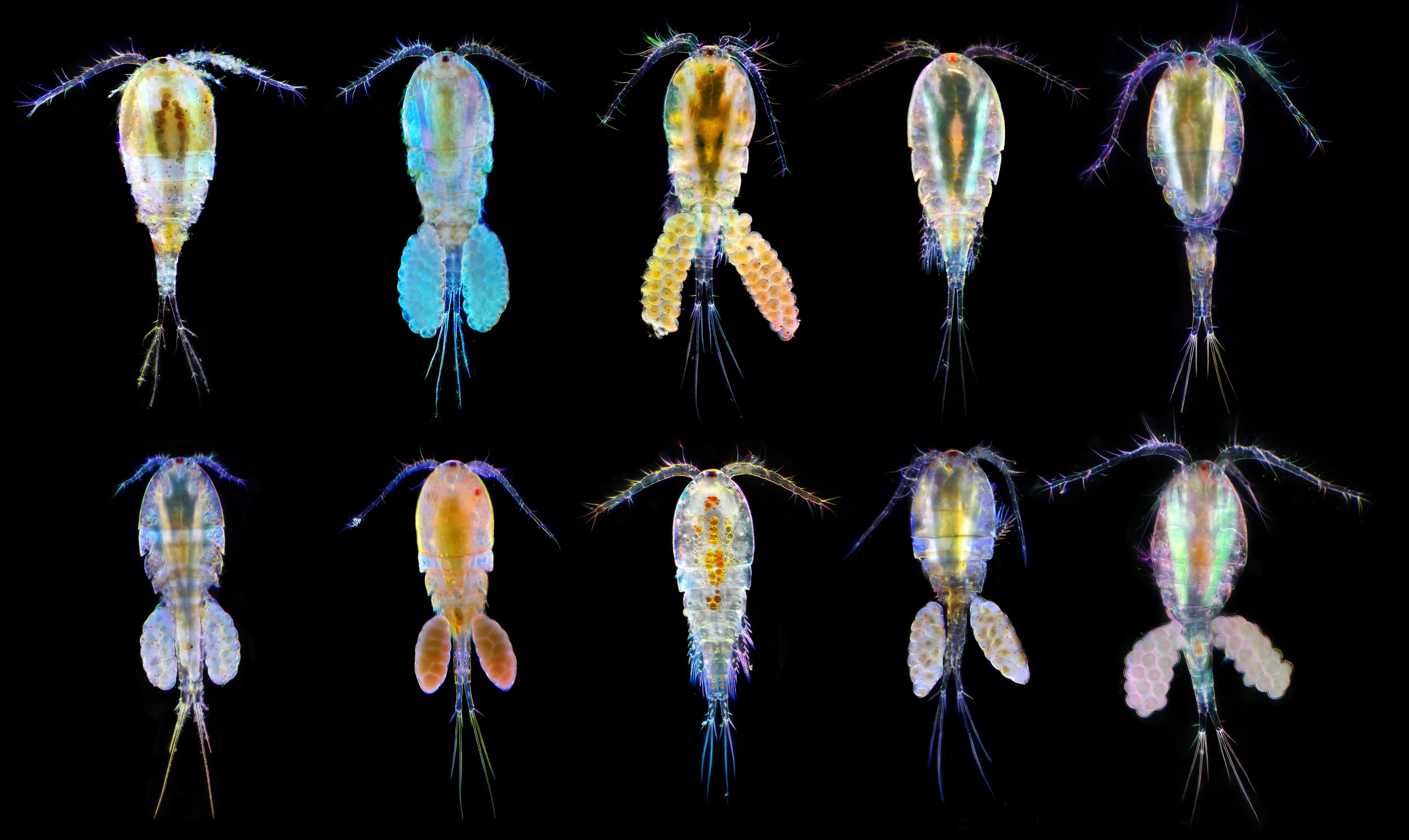The importance of biodiversity in the South Pacific
The South Pacific Ocean, with its vast expanse of marine ecosystems, is a vital contributor to global biodiversity and ecosystem health. From providing oxygen through marine microbes to sustaining billions of people with seafood, the ocean plays a crucial role in supporting life on Earth. However, increasing ocean temperatures and other environmental stressors are threatening marine biodiversity, particularly in iconic ecosystems like coral reefs.
Biodiversity plays a crucial role in safeguarding resilience to climate change. Ecosystems with greater species diversity are more stable because a variety of species perform essential community services. When disturbances such as rising sea temperatures, frequent storms, or pollution threaten one species, another more resilient species can step in to maintain ecosystem functions and stability. In essence, biodiversity acts as a buffer, allowing ecosystems to adapt and thrive in the face of environmental challenges.
Copepods, a class of crustaceans, are often used as biodiversity indicators. Over 10,000 species of copepod can be found in the world’s oceans.
Despite its vital biodiversity, many areas of the tropical South Pacific remain understudied due to their remoteness. However, hundreds of private yachts sail these waters each year, presenting a unique opportunity to gather valuable data on marine biodiversity.
In 2024, these sailors are being invited to join the Citizens of the Sea initiative for the first time. Through the collection of environmental DNA (eDNA), they will generate vital data on the whereabouts of charismatic megafauna, as well as important but often overlooked microbes such as plankton, algae, and bacteria. A secondary focus on photogrammetry enables sailors to non-invasively record coral species in their natural habitat, alerting scientists to areas vulnerable to and resilient against coral bleaching.
“I’m really excited. I feel like we’re part of something,” says Ron Van der Plas of the sailing yacht Eudora.
Citizens of the Sea is spearheading efforts to bridge this knowledge gap by partnering with professional ocean racers and adventurous leisure sailors exploring island groups such as Tonga and Fiji. These sailors are outfitted with innovative tools for data collection. From gathering environmental DNA to creating three-dimensional models of underwater reefs, our citizen scientists are on a mission to document the rich biodiversity of the region.
Equipped with specially designed, easy to use tools and training, sailors are making significant contributions to biodiversity surveys in the South Pacific. By documenting the presence of various species and monitoring changes in reef health over time, these citizen scientists are providing essential data for conservation efforts. With the support of generous donors and collaborative partnerships, we can expand these initiatives and lay the groundwork for impactful conservation initiatives that safeguard the biodiversity of the South Pacific for future generations.


